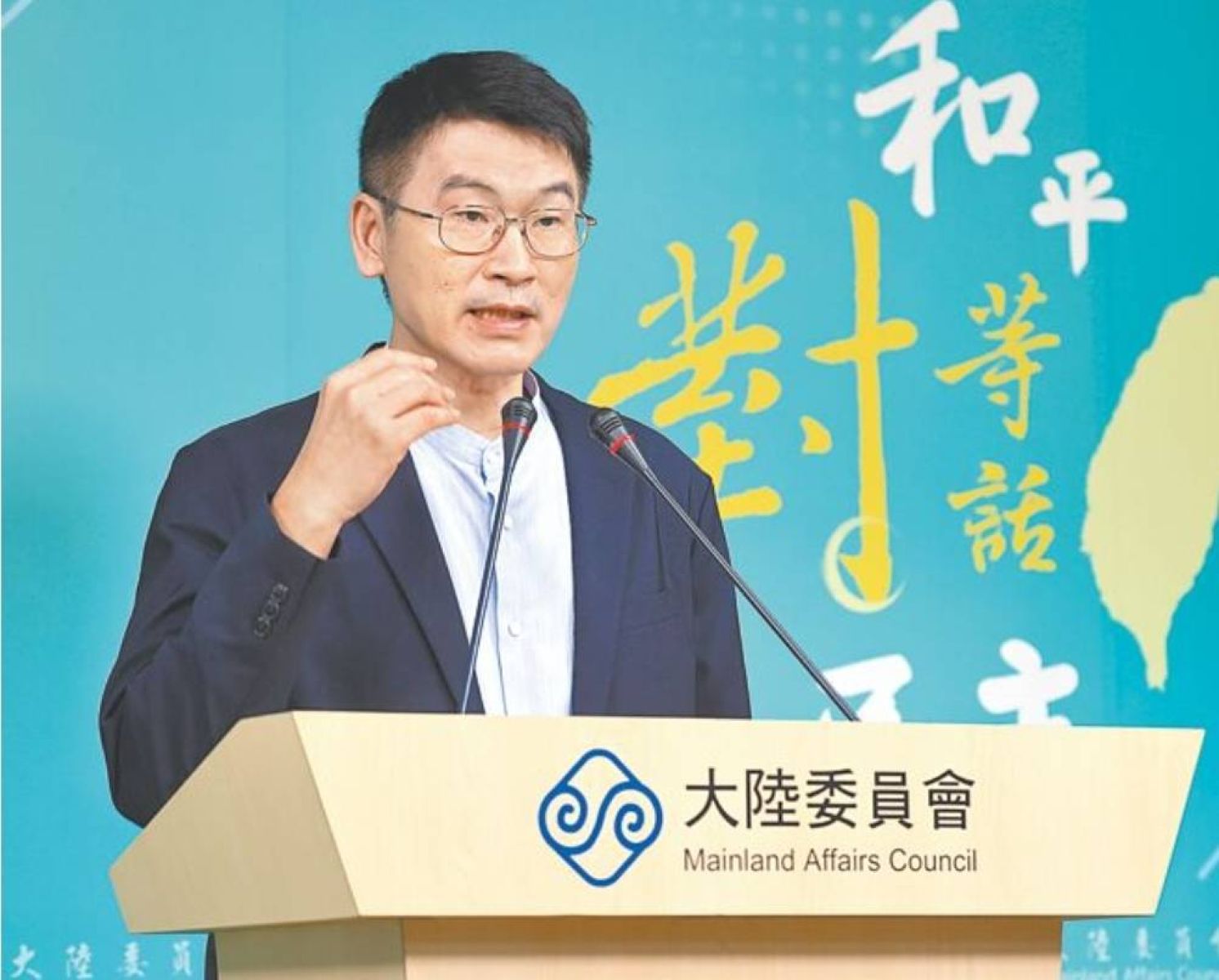
Taiwan's New Strategy: Create Obstruction Then Build Goodwill
China Times Commentary, December 12, 2024
The Twin Cities Forum between Taipei and Shanghai has faced several setbacks, originally planned for July or August but delayed until December. Despite preparations being in place, mainland Chinese military actions soured cross-strait relations, creating uncertainty around the event. Fortunately, the Mainland Affairs Council (MAC) eventually gave conditional approval, allowing the 15th Forum to proceed. The MAC employed a strategy of "creating resistance first, then removing it," creating goodwill while shifting political responsibility to the Taipei City Government, and indirectly pressuring the mainland to curb military drills.
Over the past week, national security officials have used media to portray mainland China's large-scale military deployment around the Taiwan Strait, calling it the "largest naval military operation since 1996." The atmosphere seemed tense, but at the same time, the MAC issued a statement expressing strong discontent with mainland China’s "dual tactics" of dialogue and military threats.
Historically, Beijing’s policy towards Taiwan has been described as a balance of "soft and hard power," combining both military pressure and socio-economic inducements. Taiwan had grown accustomed to this approach. However, this time, the MAC was determined to "break the pattern," repeatedly stressing that cross-strait exchanges must occur in a "positive atmosphere."
Sociologist Robert Merton’s "self-fulfilling prophecy" concept suggests that expectations influence behavior, eventually making the prophecy come true. Despite mainland China not announcing military drills, national security officials seemed to be crafting narratives that would validate the decision to cancel the forum. Fortunately, the MAC chose to keep the door to communication open.
On December 11, MAC Spokesman Liang Wen-chie explained plainly: "I’ve told the Taipei City Government that the atmosphere isn’t right, but they still insisted on proceeding. So, I reluctantly agreed, with the understanding that if anything goes wrong, the event must be postponed." This move not only shifted political responsibility to the Taipei City Government but also indirectly communicated to Shanghai and Beijing that military drills should be restrained. Liang emphasized that the government was willing to show "maximum goodwill" to maintain a harmonious atmosphere, agreeing to allow the Shanghai delegation to visit Taiwan.
In a similar vein, mainland China also faces internal resistance while pushing for cross-strait integration. Many mainland Chinese view the Democratic Progressive Party’s long-term rule as a challenge to Taiwan's future, creating frustration and even hostility towards Taiwan. Despite this, Beijing continues to offer measures to benefit Taiwan, repeatedly stressing its "maximum sincerity" in seeking peaceful reunification. On December 11, the Taiwan Affairs Office (TAO) of the mainland’s State Council highlighted that Fujian’s integration measures reflect the mainland’s goodwill and sincerity towards Taiwanese people.
Although cross-strait differences are large, "goodwill" and "peace" remain rare areas of common ground. How to continue fostering these values? By allowing orderly city and civilian exchanges to proceed.
From: https://www.chinatimes.com/newspapers/20241212000619-260118?chdtv